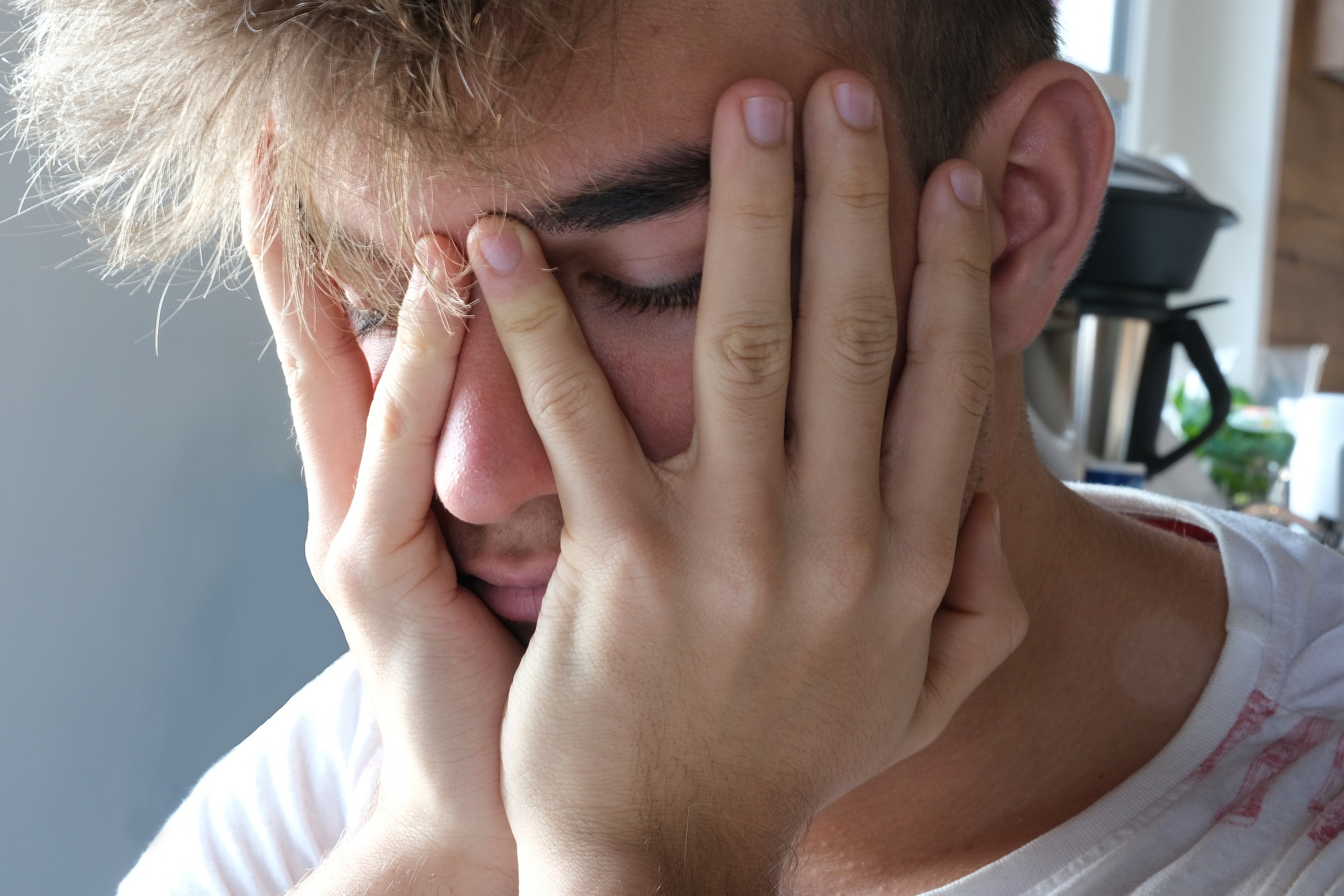Bipolar disorders are often associated with mood swings, fluctuating energy levels, and irritability that interferes with everyday life. However, the condition is also linked to positive personality traits like creativity.
Whether positive or problematic, personality traits are essential for researchers to understand the mental issue more thoroughly. Mental health experts have discovered that some personality traits are more common in individuals with bipolar disorder. Research indicates that eight personality traits are often prevalent in those with a bipolar disorder diagnosis – some are considered “positive,” and others are detrimental. Positive character traits of those with bipolar disorder include creativity, empathy, realism, resilience, and spirituality. The traits with a more negative connotation include neuroticism, disinhibition, and aggressiveness.

Relevant Research on Bipolar Disorder
A 2022 study studied how specific traits could impact the severity of symptoms. The study determined that those persons categorized as “highly vulnerable” may have less than adequate treatment outcomes.
Bipolar individuals in this category exhibited elevated levels of neuroticism – as well as minimal agreeableness and conscientiousness.
This study postulated that various individuals with bipolar disorder could exhibit very different personality traits.
Another recent 2021 study found that people with a unipolar depression diagnosis who were angry, irritable, and often agitated were more likely to progress eventually to bipolar disorder.
Types of Bipolar Disorder
Bipolar disorders are a group of conditions, including bipolar I disorder, bipolar II disorder, and cyclothymic disorder.
Bipolar I disorder: Evidenced by a manic episode involving high energy and behavioral changes. Manic episodes may include more risk-taking behavior, reduced sleep, and increased activity levels.
Bipolar II disorder: Diagnosed after a hypomanic or major depressive episode. A period of significant depression includes profound sadness and loss of interest in previously enjoyable activities.
Cyclothymic disorder: Evidenced by symptoms of hypomania and major depression without a full episode occurring. Patients experience frequent dramatic mood swings over two or more years.
People diagnosed with bipolar I disorder or bipolar II disorder have been found to exhibit heightened neuroticism, disinhibition, and aggressiveness compared to individuals without a diagnosis in this category.
Bipolar Disorders Relationship with Other Personality Disorders
Some individuals determined to have bipolar disorder also have received a diagnosis of an additional personality disorder, such as borderline personality disorder or antisocial personality disorder.
A borderline personality disorder is often associated with some type of bipolar disorder. Research published between 1985 and 2015 reported that approximately 20% of study participants evidenced both mental health conditions; however, other studies put the correlation as low as 4%. More research is needed to establish a more definitive connection.
Some experts make a distinction between bipolar disorder and borderline personality disorder by pointing out that bipolar symptoms occur in episodes. In contrast, people with borderline personality disorder live a more extended and prolific existence with the illness.
In Conclusion
Individuals diagnosed with bipolar disorder may exhibit elevated levels of creativity, resilience, and other positive personality characteristics. Understanding these connections may help mental health experts find more innovative and effective ways to manage the condition.
Bipolar disorders are treatable, manageable mental health issues. A qualified mental health professional can help to diagnose, evaluate and treat these disorders, allowing patients to live more stable and fulfilling lives.
Denise Schonwald is a nationally certified mental health professional based in Sarasota. She is proud to offer video sessions that fit your schedule and lifestyle. If you need someone to talk to about your mental health concerns, call Denise today.
